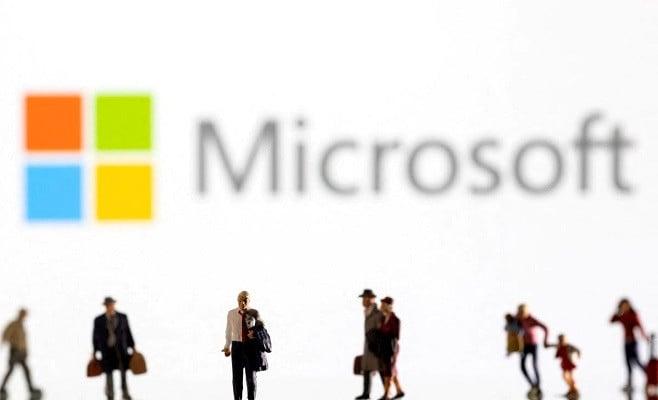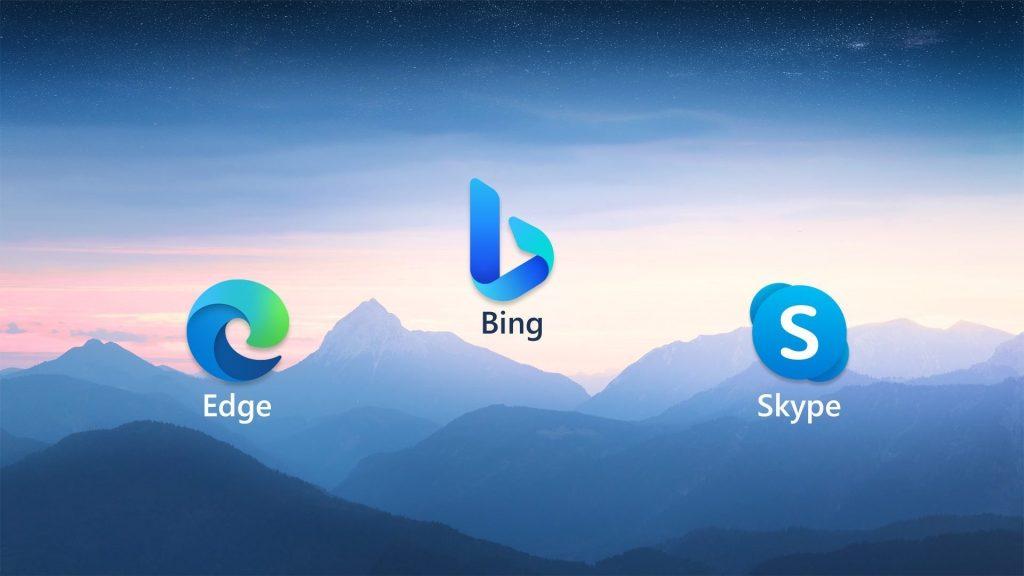Microsoft President Brad Smith disclosed in a Reuters interview that the company’s high-profile agreement with UAE-based AI firm G42 could lead to the transfer of advanced chips and technological tools. A senior Republican congressman has raised concerns that this could pose national security risks.
Smith explained that the agreement, details of which are being reported here for the first time, might advance to a second phase involving the export of critical AI technology components, such as model weights—the essential elements that define the strength of AI systems. However, there is no definite timeline for this phase.
U.S. authorities have previously expressed concerns that AI technology could present national security threats, including facilitating the development of weapons of mass destruction. Following these concerns, the Biden administration in October mandated that developers of significant AI systems must report their details to the U.S. government.
“Despite its substantial national security implications, Congress has yet to be fully briefed by the executive branch on this deal,” said Michael McCaul, the Republican chairman of the U.S. House of Representatives’ foreign affairs committee. He expressed concern over the adequacy of measures to prevent sensitive U.S.-origin technology from falling prey to Chinese espionage, given China’s interests in the UAE.
Currently, the Commerce Department demands notifications and, in many cases, export licenses for shipping AI chips overseas. Yet, the Microsoft-G42 transaction underscores deficiencies in U.S. legislation as regulators strive to keep pace with rapidly advancing technology. For instance, there is presently no specific regulation on exporting AI models, though McCaul and a bipartisan group of legislators have recently proposed legislation to grant U.S. officials more definitive authority over such exports.














